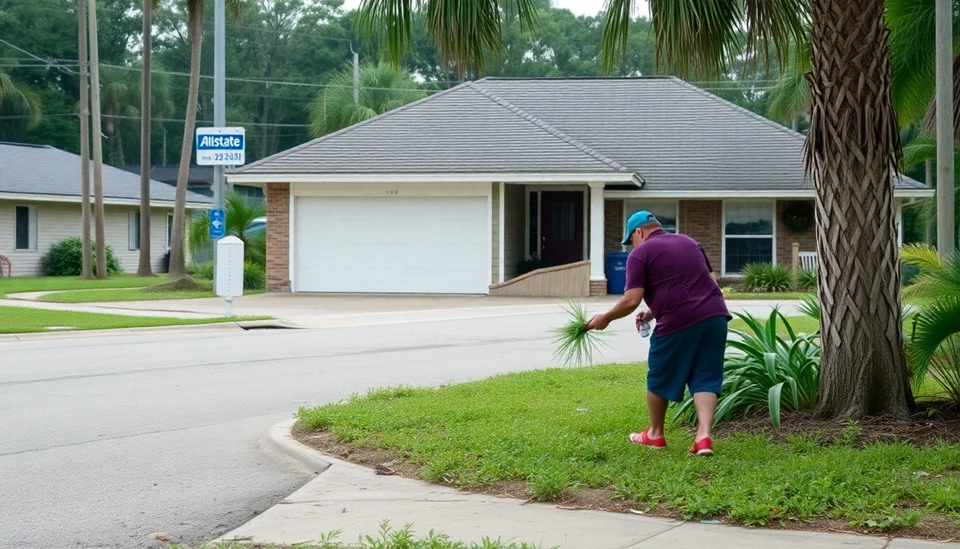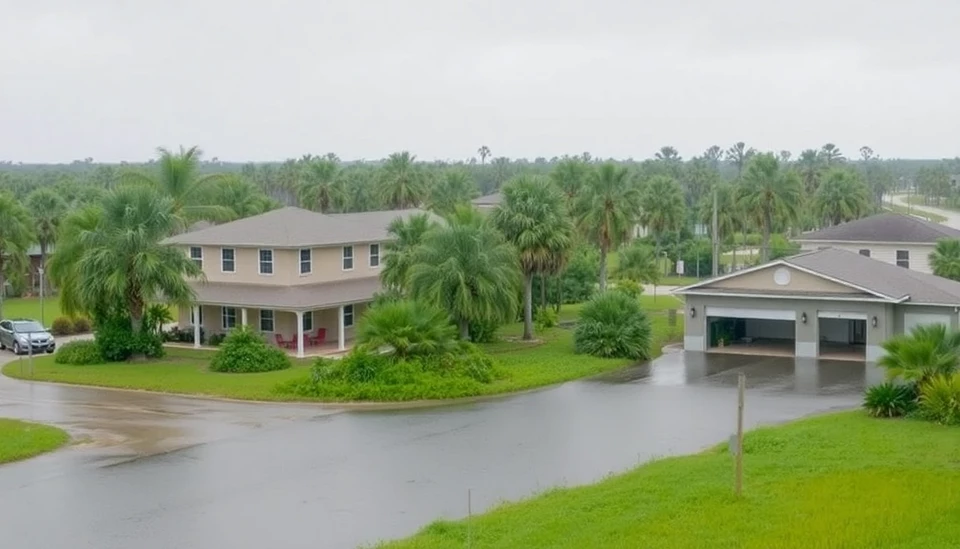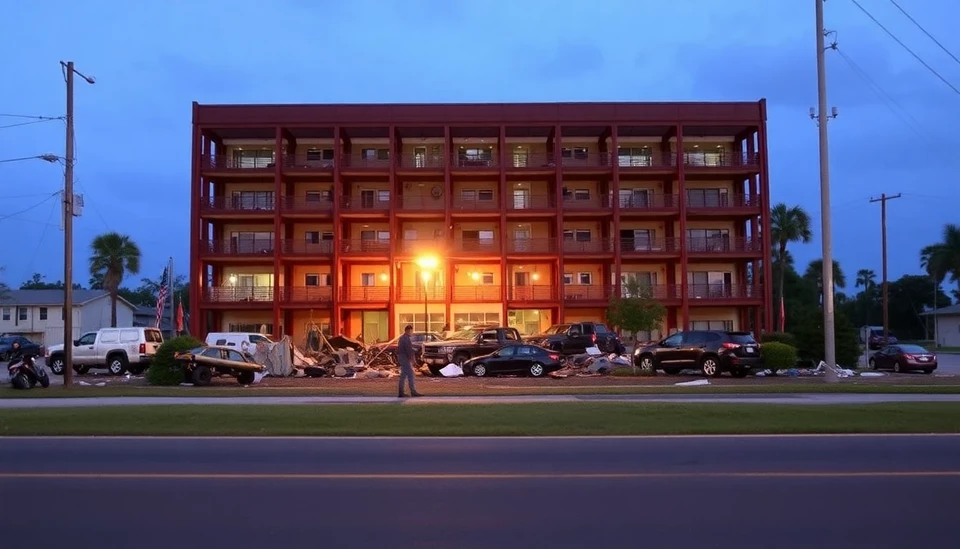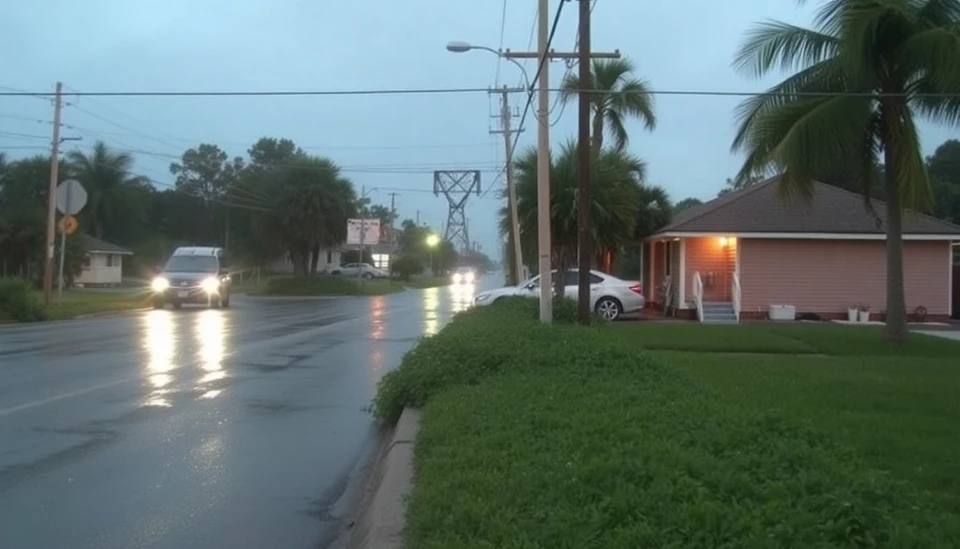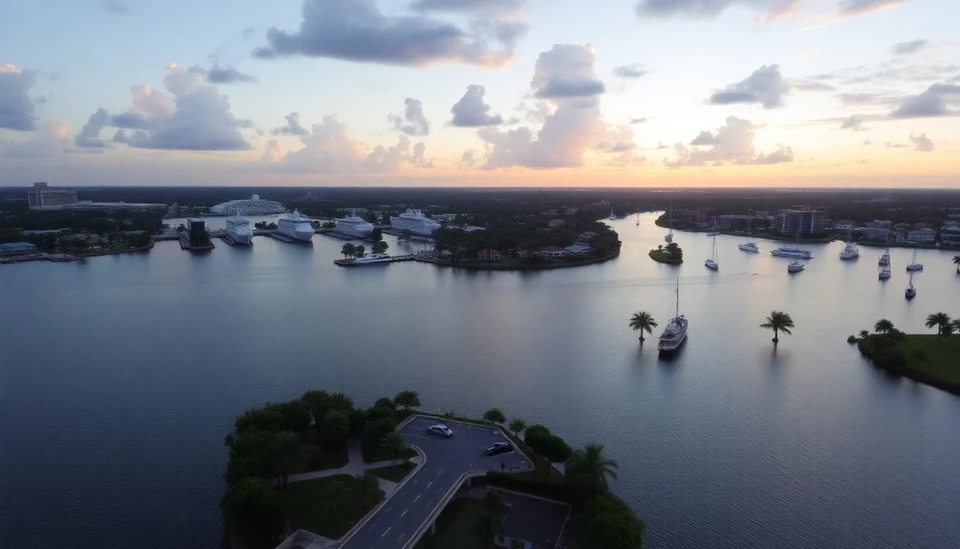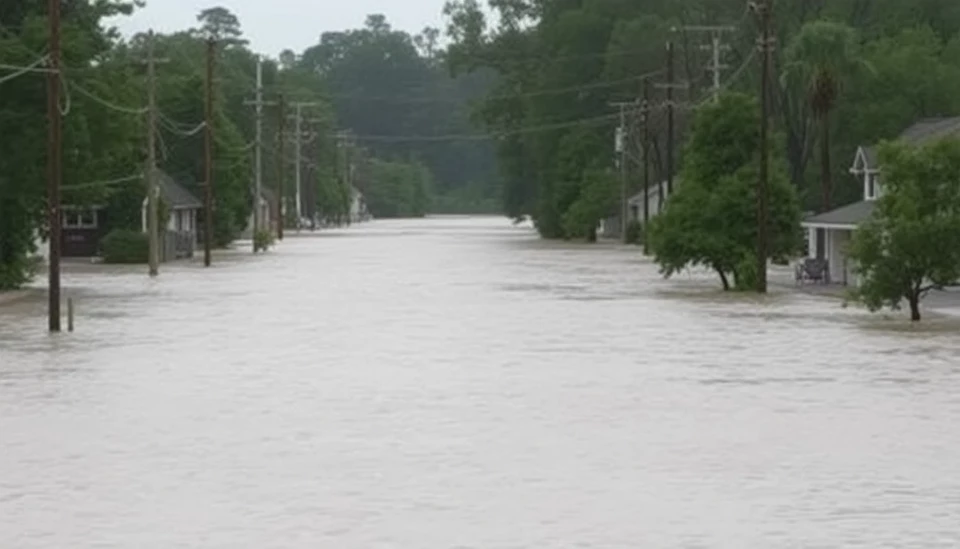
By the end of September 2024, Hurricane Helene struck land and brought to the southern United States unprecedented flooding-not seen in over a century. With unceasing torrential rains and aggressive winds, the hurricane has left a trail of devastation hard for the residents and its authorities to cope with.
The NWS recorded an astonishing 25 inches in some areas within 24 hours, making an already grim situation even grimmer. The hazardous pattern of the weather sent states reeling under floods, which included Louisiana, Mississippi, and Alabama.
"This is a once-in-a-lifetime storm event," said Louisiana Gov. John Bel Edwards, who signed a state of emergency declaration in order to expedite aid and services. "Our priority remains saving lives and bringing relief to the citizens impacted," he emphasized in a news conference.
These historic floods have submerged whole communities, destroyed homes, and ruined essential infrastructures. Major highways and local streets have turned into rivers; this is what makes rescue and relief very, very difficult. Emergency services are racing against time to evacuate stranded residents who were trapped in their homes amid reports that thousands of people need urgent rescuing.
It has been dire in New Orleans, a city quite accustomed to being at the core of natural disasters. The situation remains dire, with local officials asking for necessary evacuations in the most precarious districts. "We urge everyone to heed the evacuation order to make sure that they are safe," said Mayor LaToya Cantrell. "Do not underestimate the severity of this storm.".
The heavy rainfall continued unabated, and thus the levees-whose strength had been tested for decades-finally gave in to the tremendous pressure and flooded parts of the city. Many experts fear this may be far worse than the devastation during Hurricane Katrina in 2005.
The economic impacts of Hurricane Helene are already being felt. Farmers in Mississippi Delta, who have everything to lose, cited their long-term sustainability concerns. "This year's harvest is gone, and it's going to take years to recover," lamented a local farmer.
Meanwhile, hundreds of thousands of residents have been living without electricity, adding to the continuously growing list of challenges. Utility companies are working day and night, but officials have cautioned that complete restoration of electricity might take days and even weeks.
With the waters continuing to rise, federal agencies, including FEMA, work with state and local authorities to provide relief. Emergency shelters have opened their doors to receive families displaced, while humanitarian organizations marshal resources to bring food, water, and medical aid.
Such extreme weather events are becoming more frequent and intense, scientists have been warning for a long time, in the context of climate change. This centennial flood underlined how urgently reassessment of infrastructure resilience and disaster preparedness needs to be done.
In the end, Hurricane Helene's anger has tested the mettle not only of the southern United States but brought once again to the forefront in the nation's psyche the dire need for strong climate action coupled with disaster preparedness. And people come together-families, friends, and neighbors-showing amazing courage and solidarity as the nation works its way through an unprecedented crisis.
#HurricaneHelene #USSouthFlooding #LouisianaFloods #MississippiDisaster #AlabamaEmergency #ClimateChange #ExtremeWeather #DisasterPreparedness #EmergencyRelief #CommunityResilience
Author: Peter Collins
